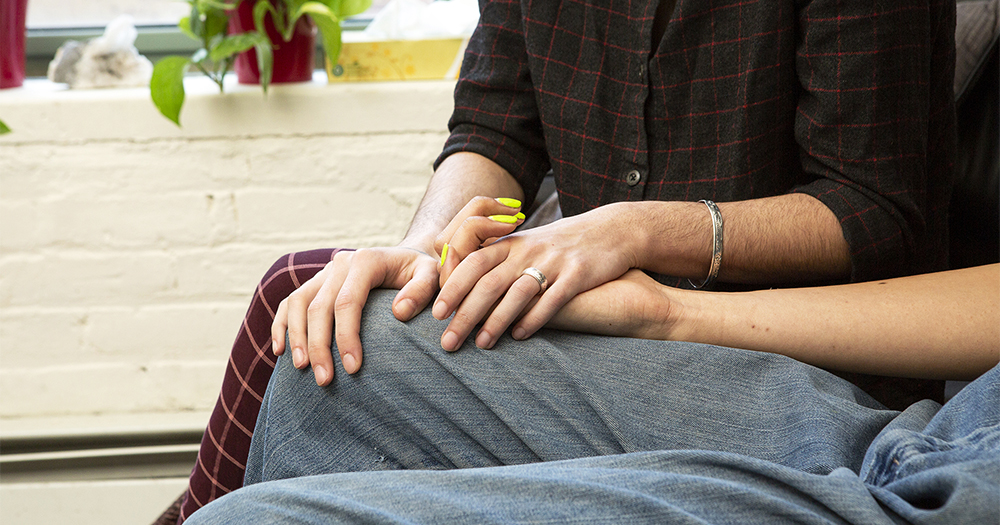Top Surgery (double mastectomy) can be a big deal for even the most capable and independent of people. Recovery will limit a person’s movements and use up all their energy for days or weeks afterwards. They will need some help from a family member or close friend. If you are volunteering to provide post-surgery care for anyone, there are a few things you need to be mindful of before taking on the task.
Relationship with the person in recovery
Providing almost round-the-clock care for someone going through post-surgery can be testing, even for the most compassionate person. Unless you’re a health professional, you need to have a close bond with the person in recovery, as you will be providing assistance with most of their psychical, emotional, nutritional, and sometimes psychological needs.
Attending pre-surgery and post-surgery consultations
I recommend that carers attend visits with the patient at their surgeon’s consultations before and after top surgery. This gives you a better understanding of the process involved and will give you and the patient an opportunity to ask questions, particularly around healing, wound dressing, signs of infection and pain management.
Planning for post-surgery
Space: If the patient can’t climb stairs after top surgery, you might have to make some changes. For example, if the bedroom is upstairs, you may need to sleep on a lower floor for a while. Keep your recovery space clutter-free and easy to move around.
Contact: Ask the patient for a list of numbers of close contacts who they want to be kept informed and create a chat group to update everyone at the same time.
Physical: After a double mastectomy, the patient should not be reaching or lifting their arms higher than their chest. Remaining in an upright position with minimum movement is essential for healing. The smallest thing like turning on a light switch can be out of reach. You may need to help the patient get in and out of their clothes too.
Nutritional: Ask your doctor if you have to stick to a certain diet. Make sure you’re well supplied with the right food before you get back home. Remember a person in recovery may not be able to lift a cup or glass up to their mouth, so have straws on hand. Food that is easy to cut with a knife and fork is advisable in the early days of recovery as any moment can be restricted or painful.
Bathing: Ask your doctor about bathing post-surgery. In the first few days after top surgery, the wounds cannot get wet or be submerged in water. When it is time to bathe, you will have to be present and help with getting the patient in and out of the bath safely.
Emotional: For an extended period of time after the patient will experience pain at different levels. You should be on hand to give them emotional reassurance and support. Use a pain scale between one to ten to ascertain the level of discomfort.
Outside: When going to into the world post-surgery we often forget that the simplest things require effort for the patient – everything from opening doors to reaching for something off a shelf. Additionally, it’s likely that people could bump into them and cause them pain. It’s best to stick to quiet areas and avoid public transport with crowds of people rushing about.
Self Care: No matter how empathic or compassionate you think you are, caring for a person that is in a constant level of pain and expressing their pain is taxing. There is no point sugarcoating it. People taking painkillers will talk a lot and you will have to be as patient as possible when you hear them talking about their discomfort and pain. As a carer you too need a support system, so organise with a close friend or partner a time each day to text or call so you can decompress.
This story was originally published in GCN Issue 360.
© 2019 GCN (Gay Community News). All rights reserved.
Support GCN
GCN is a free, vital resource for Ireland’s LGBTQ+ community since 1988.
GCN is a trading name of National LGBT Federation CLG, a registered charity - Charity Number: 20034580.
GCN relies on the generous support of the community and allies to sustain the crucial work that we do. Producing GCN is costly, and, in an industry which has been hugely impacted by rising costs, we need your support to help sustain and grow this vital resource.
Supporting GCN for as little as €1.99 per month will help us continue our work as Ireland’s free, independent LGBTQ+ media.
